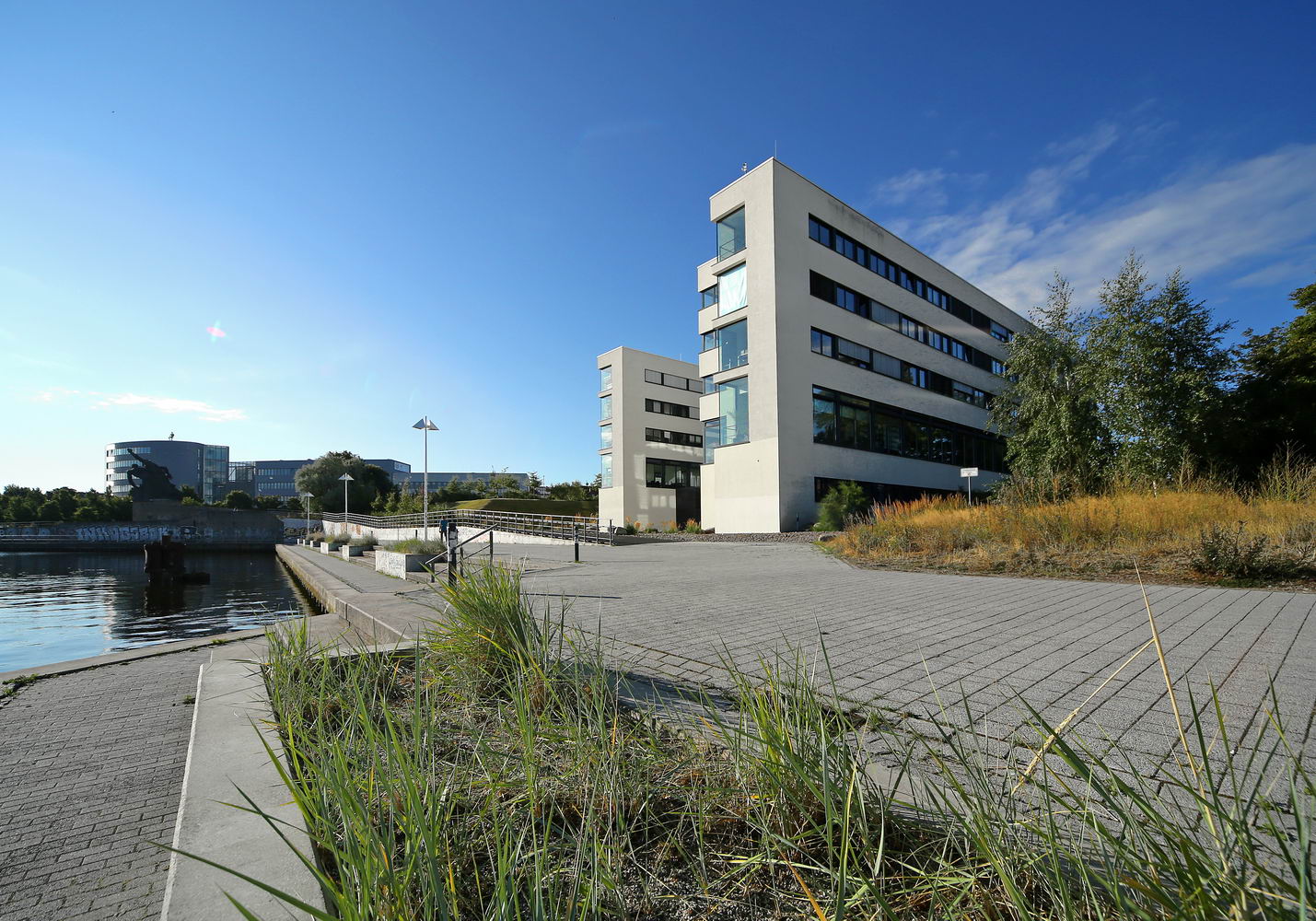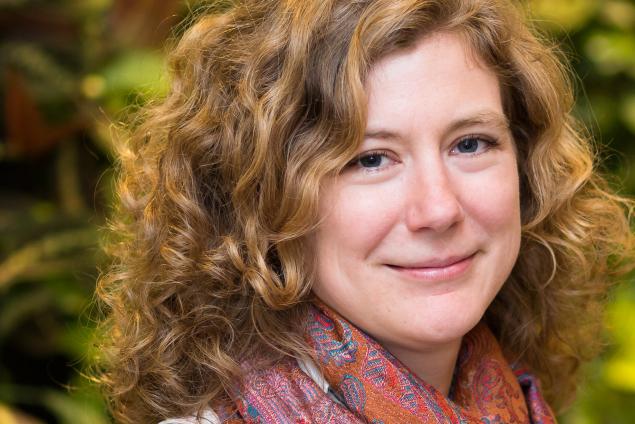Scroll to Section:
Previous research has shown that single mothers experience disproportionately higher rates of physical and mental illness compared to partnered mothers. In this video, moving beyond that comparative focus, MINE KÜHN analyzes how the transition into and length of single motherhood impacts health and wellbeing, as well as the factors that determine those impacts. By investigating changes in single motherhood over time using German panel data, Kühn finds that expanded employment correlates strongly with improved health and wellbeing for single mothers. Her findings highlight the vital importance of policies which enable single mothers to return to work, such as institutional childcare provision.
DOI:
https://doi.org/10.21036/LTPUB10810
Institution

Max Planck Institute for Demographic Research
The Max Planck Institute for Demographic Research (MPIDR) in Rostock investigates the structure and dynamics of populations. The Institute’s researchers explore issues of political relevance, such as demographic change, aging, fertility, and the redistribution of work over the life course, as well as digitization and the use of new data sources for the estimation of migration flows. The MPIDR is one of the largest demographic research bodies in Europe, and is a worldwide leader in the study of populations. The Institute is part of the Max Planck Society, the internationally renowned German research organization.
Original publication
Changes in Lone Mothers’ Health: A Longitudinal Analysis
Lone Parenthood in the Life Course
Published in 2018
Reading recommendations
Health Inequalities Between Lone and Couple Mothers and Policy Under Different Welfare Regimes– the Example of Italy, Sweden and Britain
Social science & medicine
Published in 2010
The Consequences of Divorce for Adults and Children
Journal of marriage and family
Published in 2000
What Makes Single Mothers Expand or Reduce Employment?
Journal of Family and Economic Issues
Published in 2013
Beyond
An Alarming Challenge for Society




